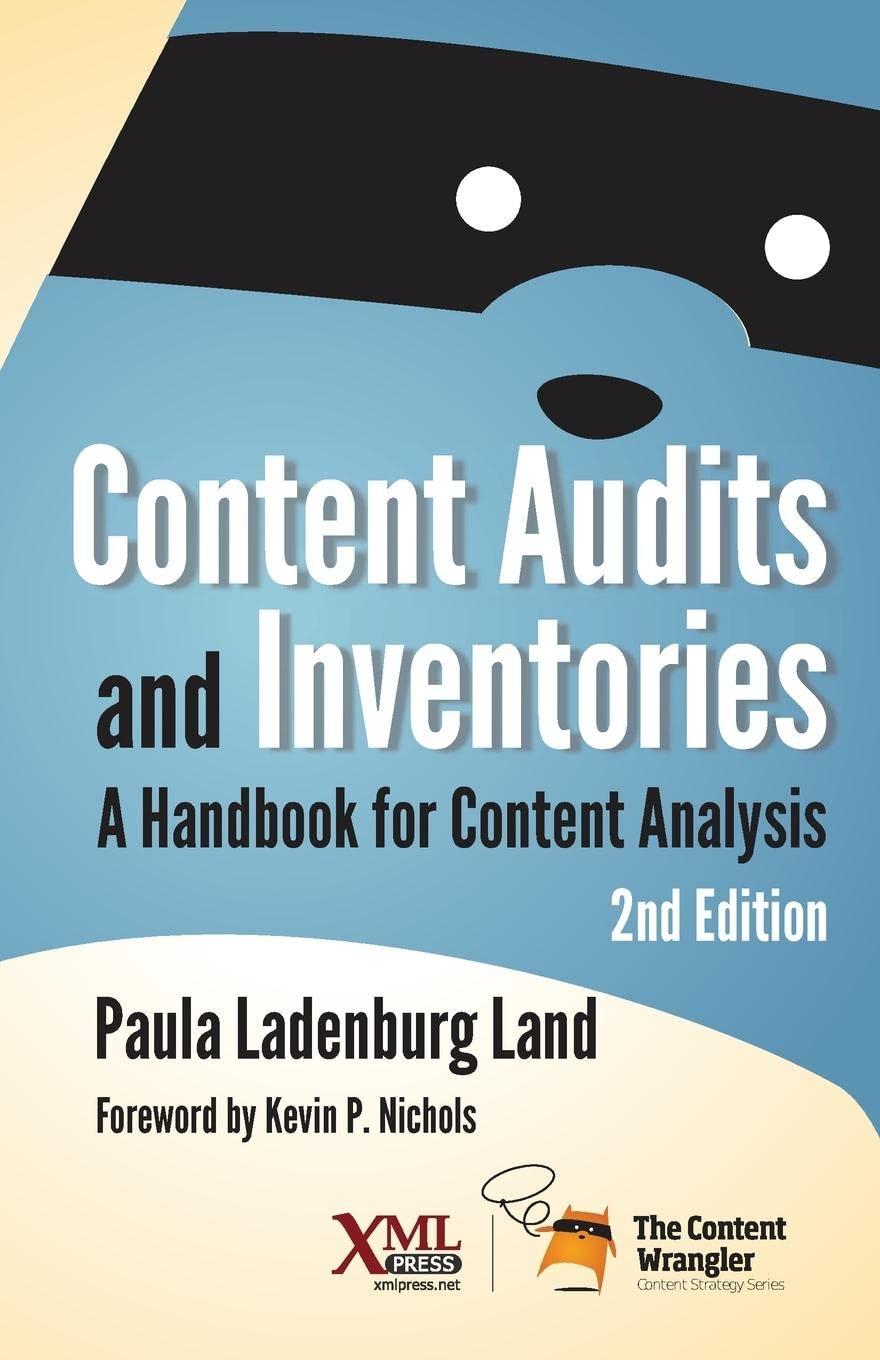Question
Week 2 Part 1 (must be submitted via Excel) Personal Budget You need to develop a personal budget. Try to be as realistic as possible.
Week 2 Part 1 (must be submitted via Excel)
Personal Budget
You need to develop a personal budget. Try to be as realistic as possible. If you are going to school and not working then do some research to find out what salary you will be making when you graduate. If you are working full time you can use your income now or an estimated amount assuming you will be making more money when you graduate.
For Example:
Budget Actual
Gross Monthly Pay
Total est deductions
Net Pay
Rent/Mortgage
Utility Electric
Utility - Gas
Utility Water
Cable/Internet
Phone/Cell
.
.
.
Total Expense
Total savings
Take your total savings and multiply by 12 for 12 months. This is your estimated saving (payment) per year. (If you want to do a more elaborate budget you can).
To make this budget useful do this in excel so you can actually use it.
Note: You can do your budget however you want as long as it is clear and understandable to the reader (me) and you.
Week 4 Part 2 A (must be completed in Excel)
Analysis :
Using the budget in part 1; Use as many time lines as you need forecast all your projected savings(investments) to get each investments future value.You will have to determine your PV, I/y, N, PMT then calc FV
If you dont have any idea on the I/y you could use 5 or 6% to be conservative. N depends on your current age and when you think you will retire.
Savings
401k or (403B) whichever you use
IRAs.
Home Ect.
Once you add up all the future values from step 2 above, and do a time line to determine how much you will be able to spend each year assuming you are going to spend all your money. I.e.your future value will be 0.To calculate N, you have to make a lot of assumptions. For example, if you are planning on retiring at age 65 and think (hope) you will life until you are 90 (25 years) your N will be 25.
Week 4 Part 2 B (must be completed in Excel)
Scenario Analysis:
Run at least 3 different scenarios to see the impact of decisions. Some examples may include:
What happens if you delay start of Savings for 5 years?
What happens if you work 3 more years?
What if the interest rate is higher/lower?
What if you have more to save after student loans are paid off?
Step by Step Solution
There are 3 Steps involved in it
Step: 1

Get Instant Access to Expert-Tailored Solutions
See step-by-step solutions with expert insights and AI powered tools for academic success
Step: 2

Step: 3

Ace Your Homework with AI
Get the answers you need in no time with our AI-driven, step-by-step assistance
Get Started


